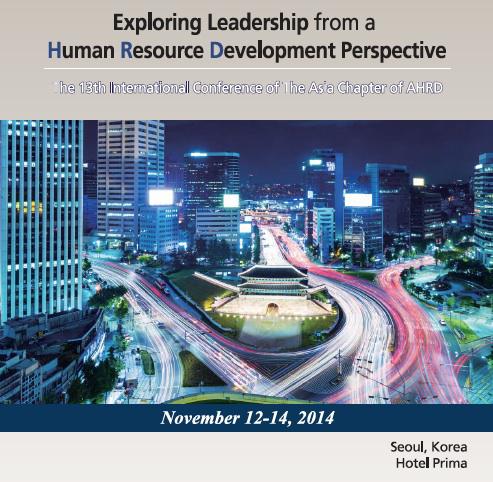Leadership Characteristics in Leading Korean Firms and Their Implications for HRD

Kang, S.J., Kessels, J.W.M., Lee, E.S., Cho, Y.S. (2014) Leadership Characteristics in Leading Korean Firms and Their Implications for HRD. In Exploring leadership from a Human Resource Development perspective. pp. 26. Paper at the 13th international conference of the Asia chapter of AHRD. Seoul - Korea, November 12-14, 2014.
This paper builds on a study of the relationships between leadership characteristics, organizational culture, knowledge productivity and value creation in four leading Korean corporations, namely Samsung Electronics, LG Electronics, Shinhan Bank and the Woong-Jin Group. In knowledge-intensive organizations, it is important to understand the kind of leadership needed to enhance knowledge productivity and learning to achieve continuous improvement and radical innovation, and the relationship between leadership and human resource development. It is assumed that the production and application of knowledge form the basis for value creation in today’s knowledge economy. However, investigating these elements in successful companies can be a delicate matter. For the first time, leaders of the four companies included in this study agreed to participate in empirical research into what makes them successful in terms of leadership. We present four case studies comprising interviews with senior-level executives and managers in addition to a survey distributed to 480 leaders and managers in these companies. This mixed-methods research design allows for a thorough cross-case analysis. In this paper we focus on the cross-case analysis of the qualitative data, obtained from the interviews and the document studies. The results indicate that a people-oriented, highly challenging and entrepreneurial style of leadership that encourages open, boundary-less communication and knowledge sharing is strongly related to value creation, sustainability and future growth engine development in these four companies. These results have major implications for human resource development. This study not only offers directions for leadership development and management training, but its results also reinforce the relevance of talent and knowledge development and creating a learning climate conducive to improvement and innovation, thus placing HRD at the core of modern entrepreneurship. The discussion section elaborates on the implications for HRD in a knowledge economy.
Download the full paper below.
